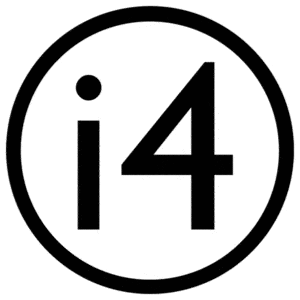The traditional PMO and the Agile Practice Office (APO) have some key differentiators. The primary area of differentiation has to do with the delivery methodology itself between Agile and traditional project management styles. The agile methodologies have a very de-centralized decision-making model, coaching-centric process alignment, and self-organizing/self-managed teams. Whereas, in the traditional PMO environment, there is more of a Portfolio and Project control function. The responsibility for ROI of organizational projects lies heavily in the PMO. Thus, in the APO organization, there is no “as much” accountability of ROI due to the responsibility of ROI being de-centralized to the local business decision-makers. Here is a list of common PMO focus areas, with the comparable APO focus areas.
| Traditional PMO Focus | APO Focus |
| Standards, Methodologies and Processes Methodology definition; metrics definition; process development and improvement | Agile process standards for Scrum and Kanban teams; what will be measured at the team, program and portfolio levels; CoP facilitation for process improvement |
| Project/Program Delivery Management Define the business goals; resource management; schedule/cost/scope management; business realization management; risk management; stakeholder management; communications; project integration | Responsible for reporting mechanism for teams, program and Portfolio delivery; ART and team resource allocation; risk, dependency and impediment reporting |
| Portfolio Management Prioritization; strategic alignment; portfolio reporting; resource management allocation; opportunities and investment analysis; risk management; benefits realization tracking/reporting | Responsible for reporting out of Portfolio strategy, prioritization; resource allocation; maintains Epic/Initiative lightweight business case and Epic/Initiative progress reporting, risk, dependency and impediment reporting |
| Talent Management Training, career paths, career development, capability/skills development and certifications/qualifications/ credentials | Training, coaching, skills development via workshops, and hands on coaching engagements |
| Governance and Performance Management Performance reporting; issue escalation; information distribution; metrics/KPIs; compliance; financial management; PMO performance management | Value reporting, Value KPI’s reporting |
| Organizational Change Management Customer/stakeholder satisfaction; managing resistance; readiness assessment; stakeholder management; communications | Agile transformation coaching |
| Administration and Support Tools (provisioning/implementation/support); consulting; IT/IS support | Agile tooling support, tooling governance |
| Knowledge Management Defining knowledge management policies, managing intellectual collateral/property, lessons learned, content management and collaboration | Repository of agile training, guidance and support |
| Strategic Planning Confirming strategic priorities; defining business goals and aligning to initiatives; environmental scanning; opportunity analysis | Maintains the repository of strategic themes and initiatives |

